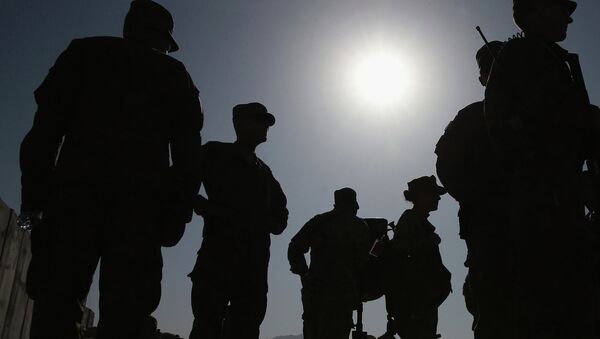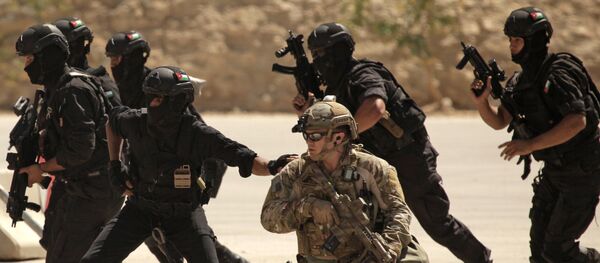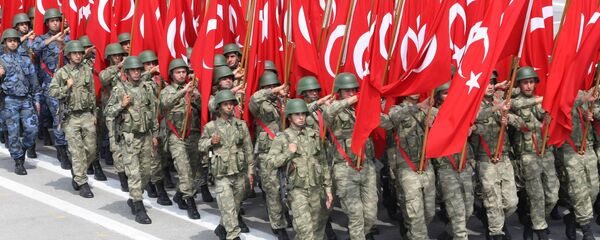The new force is expected to be comprised of US commandos and so-called "friendly troops" in Syria and Iraq.
Remarkably, Carter is not the first official who has called for a substantial US military buildup in the Middle East, national security analyst and retired US Army veteran Daniel L. Davis remarks.
Much in the same vein, Rep. Mac Thornberry, the Chairman of the House Armed Services Committee, claimed that he wants "more troops in Syria." In addition, earlier this week, Senator John McCain, known for his hawkish stance, proposed forming an Arab army of about 100,000 personnel backed by a US military contingent of 20,000.
"In deepening a bad trend in US foreign policy, what is spectacularly lacking in any of these ardent calls for the deployment of significant ground forces is any explanation of what this force is expected to accomplish, what it might cost (in terms of both blood and treasure), and how they propose this force will accomplish the military objectives they propose to give it," Davis wrote in his recent article for The National Interest.
"What are the ramifications of an international coalition invading to fight on the sovereign territory of two different nations?" Davis asks, adding that it is also begging the question, what can [US] military power be reasonably expected to accomplish.
Let us assume for a moment that the 100,000-strong Arab army is formed. Then, whom exactly would this force have to fight: Daesh, the "non-moderate rebels," Bashar Assad's military forces? If so, how will the Arab army deal with the support currently being given to Assad from Russia and Iran, and what would the risk of open conflict be between the major powers involved in the conflict, the security analyst asks.
That is not all; the situation prompts further questions.
"Who would govern in a post-Assad Syria? How would the interim leaders be chosen from the scores of competing rebel groups? If it's to defeat both, how long might it take this international force to win and then how long would it be expected to remain in place to ensure a safe political transition? Another 7 to 10 years? Longer? Are the American people willing to take on another multi-decade operation?" Davis asks.
Davis calls attention to the fact that Washington cannot boast any considerable achievement in the Middle Eastern or the Central Asian theaters of war. For 15 years Washington has been unsuccessfully trying to eradicate Taliban in Afghanistan and for the past 12 years, it has been at pains to halt the insurgent fight in Iraq.
"[I]t is difficult to understand how some leaders so aggressively advocate the idea that sending a new invasion force into the Middle East can somehow succeed where all the others have failed," the US security analyst stresses.
However, Ash Carter's proposal to bolster the US military presence in Syria and Iraq leaves more questions than answers.
According to Davis, these questions must be rationally answered before the decision to enter the conflict is made.






